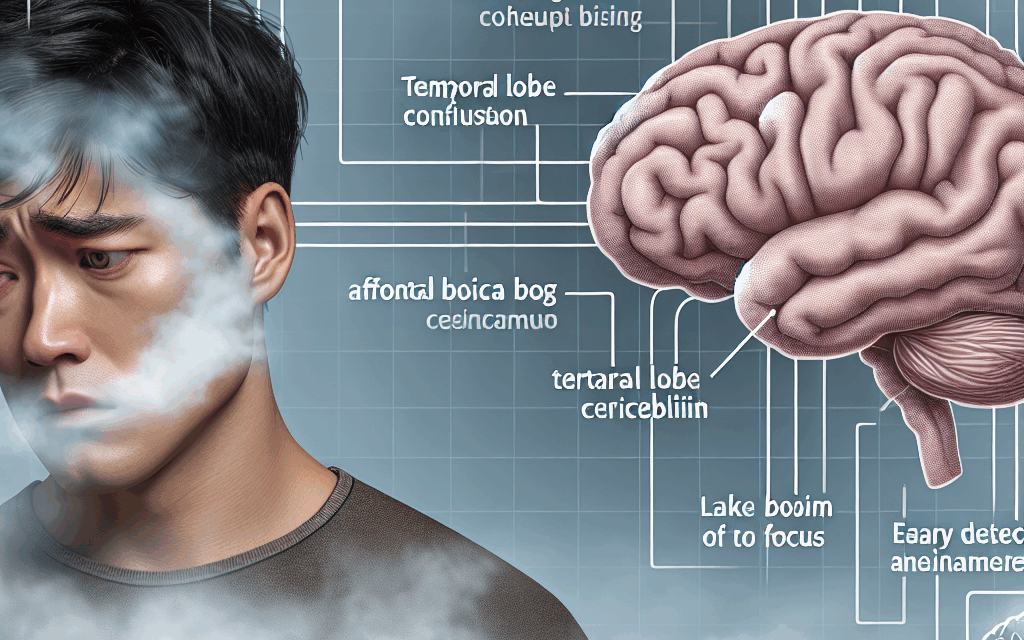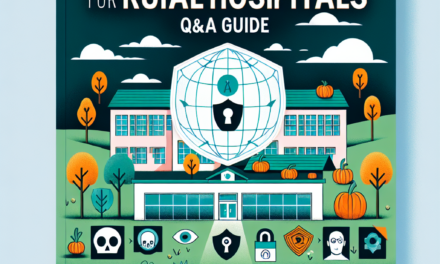Understanding Brain Fog: Key Symptoms and Early Detection Tips
Brain fog is a term that has gained traction in recent years, often used to describe a range of cognitive impairments that can affect daily functioning. While not a medical diagnosis, brain fog can significantly impact one’s quality of life, making it essential to understand its symptoms, causes, and early detection strategies. This article delves into the intricacies of brain fog, providing insights into its symptoms, potential causes, and practical tips for early detection.
What is Brain Fog?
Brain fog is characterized by a temporary state of mental cloudiness, confusion, and lack of clarity. Individuals experiencing brain fog may find it challenging to concentrate, remember information, or make decisions. While it is not classified as a medical condition, brain fog can be a symptom of various underlying health issues.
Understanding brain fog requires a closer look at its symptoms, potential causes, and the impact it can have on daily life. The term itself is often used colloquially, but it encompasses a range of cognitive difficulties that can arise from various factors.
Key Symptoms of Brain Fog
Identifying the symptoms of brain fog is crucial for early detection and management. The following are some of the most common symptoms associated with brain fog:
- Difficulty Concentrating: Individuals may struggle to focus on tasks, leading to decreased productivity.
- Memory Issues: Short-term memory lapses, such as forgetting names or misplacing items, are common.
- Confusion: A general sense of confusion or disorientation can occur, making it hard to follow conversations or instructions.
- Fatigue: Mental fatigue can accompany brain fog, leaving individuals feeling drained and unmotivated.
- Slowed Thinking: A noticeable slowdown in processing information can make decision-making challenging.
These symptoms can vary in intensity and duration, often fluctuating based on lifestyle factors, stress levels, and overall health. For instance, someone may experience heightened brain fog during periods of stress or after a poor night’s sleep.
Common Causes of Brain Fog
Understanding the underlying causes of brain fog is essential for effective management. Several factors can contribute to this cognitive impairment, including:
- Sleep Disorders: Conditions such as insomnia or sleep apnea can lead to chronic fatigue and cognitive difficulties.
- Stress and Anxiety: High levels of stress and anxiety can overwhelm the brain, leading to cognitive impairments.
- Nutritional Deficiencies: Deficiencies in essential nutrients, such as vitamin B12, omega-3 fatty acids, and iron, can affect brain function.
- Medical Conditions: Chronic illnesses like fibromyalgia, chronic fatigue syndrome, and autoimmune disorders can manifest as brain fog.
- Medications: Certain medications, particularly those affecting the central nervous system, can contribute to cognitive impairments.
For example, a study published in the journal Frontiers in Psychology found that individuals with chronic fatigue syndrome often report significant cognitive difficulties, including brain fog. Similarly, research has shown that sleep deprivation can lead to impairments in attention, working memory, and executive function.
Impact of Brain Fog on Daily Life
The effects of brain fog can extend beyond cognitive difficulties, impacting various aspects of daily life. Individuals experiencing brain fog may find it challenging to perform at work, maintain relationships, and engage in social activities. The following are some ways brain fog can affect daily life:
- Work Performance: Difficulty concentrating and memory issues can lead to decreased productivity and increased errors.
- Social Interactions: Confusion and slowed thinking can hinder effective communication, leading to misunderstandings in social settings.
- Emotional Well-being: The frustration of dealing with cognitive impairments can lead to feelings of isolation, anxiety, and depression.
- Physical Health: Chronic brain fog may lead individuals to neglect their physical health, further exacerbating cognitive difficulties.
- Quality of Life: Overall quality of life can diminish as individuals struggle to manage daily tasks and responsibilities.
For instance, a case study involving a 35-year-old woman with chronic fatigue syndrome highlighted how brain fog affected her ability to work and maintain relationships. She reported feeling overwhelmed by simple tasks and often withdrew from social interactions due to her cognitive difficulties.
Early Detection Tips for Brain Fog
Recognizing the early signs of brain fog is crucial for effective management. Here are some practical tips for early detection:
- Keep a Journal: Documenting daily experiences, including cognitive difficulties, can help identify patterns and triggers.
- Monitor Sleep Quality: Pay attention to sleep habits and quality, as poor sleep can contribute to brain fog.
- Assess Stress Levels: Regularly evaluate stress levels and implement stress-reduction techniques, such as mindfulness or meditation.
- Evaluate Diet: Ensure a balanced diet rich in essential nutrients to support brain health.
- Consult a Healthcare Professional: If symptoms persist, seek medical advice to rule out underlying health conditions.
For example, a study published in the journal Neuropsychology Review emphasized the importance of self-monitoring in identifying cognitive changes. Participants who kept track of their cognitive performance reported being more proactive in seeking help and making lifestyle changes.
Conclusion
Brain fog is a complex phenomenon that can significantly impact cognitive function and overall quality of life. By understanding its symptoms, potential causes, and early detection strategies, individuals can take proactive steps to manage their cognitive health. Recognizing the signs of brain fog and addressing underlying factors can lead to improved mental clarity and well-being.
In summary, brain fog is not merely a fleeting experience but a condition that warrants attention. By staying informed and vigilant, individuals can navigate the challenges of brain fog and work towards reclaiming their cognitive abilities. Whether through lifestyle changes, dietary adjustments, or seeking professional help, there are numerous avenues for addressing brain fog and enhancing mental clarity.





